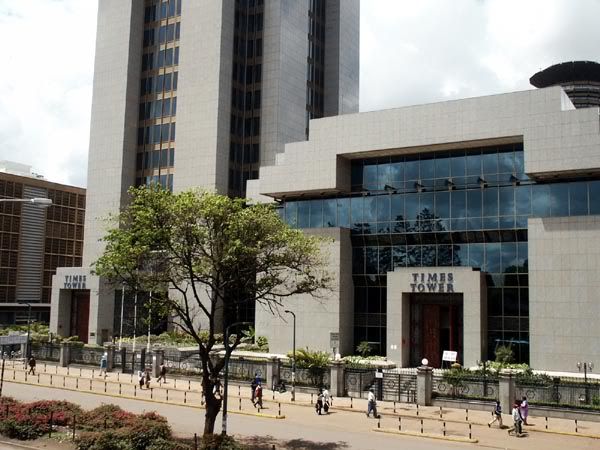
Parliament Rejects Proposal to Give KRA Sweeping Access to Personal Data » Capital News
NAIROBI, Kenya June 17 – The National Assembly’s Finance and Planning Committee has rejected a contentious clause in the Finance Bill, 2025, that sought to grant the Kenya Revenue Authority (KRA) sweeping powers to access personal data from third parties without consent.
In a report tabled before Parliament, the Committee cited constitutional and legal concerns, declaring the provision unnecessary and potentially unconstitutional.
The proposal would have allowed KRA to compel institutions—including banks, mobile service providers, and digital platforms—to disclose sensitive personal and commercial data, including financial records and trade secrets, without notifying the taxpayer.
“The Committee observed that the proposed provision does not meet the threshold set out under Article 31(c) and (d) of the Constitution of Kenya, which guarantees the right to privacy,” the report states.
The Committee further argued that Kenya’s existing legal framework, including the Data Protection Act, already provides clear and lawful avenues for accessing personal data in limited, exceptional circumstances. Section 51 of the Act mandates that any exemption must be necessary, proportionate, and lawful.
“We cannot legislate in a way that undermines rights enshrined in our Constitution, particularly where personal privacy and commercial confidentiality are at stake. KRA already has legal channels to access information. The proposal amounted to an overreach,” the Committee noted.
Citing Section 60 of the Tax Procedures Act, the report highlighted that KRA’s Commissioner or an authorised officer can already access necessary data for tax purposes—provided there is judicial oversight, including a court-issued warrant.
The Committee, chaired by Molo MP Kuria Kimani, urged the tax authority to respect due process and use existing legal mechanisms to enhance compliance without violating constitutional protections.
“With these safeguards already in place, introducing a provision that bypasses judicial scrutiny would not only be redundant but also a violation of basic rights,” the report added.
The rejected proposal was initially framed as a tool to tighten tax compliance and plug revenue leaks. However, it faced swift backlash from stakeholders who warned of its far-reaching implications.
The Law Society of Kenya (LSK), along with leading audit firms KPMG, Ernst & Young, and CDH, strongly opposed the clause. In a joint memorandum to Parliament, they termed the move unconstitutional and unnecessary, pointing out that KRA already has access to data through judicial procedures.
“This move undermines due process and taxpayers’ rights to fair adjudication,” the LSK said.
KPMG specifically raised alarm over the proposal allowing data access even when a tax dispute was under appeal, terming it a violation of the principle of natural justice.
Civil society groups, including Amnesty International Kenya and ARTICLE 19 Eastern Africa, criticised the clause as a dangerous step toward unchecked surveillance. They warned it would mark the beginning of “big brother” state tendencies and erode fundamental freedoms.
“The exemption from the Data Protection Act lacked justification and safeguards, thereby breaching Article 31 of the Constitution,” they said.
The Architectural Association of Kenya (AAK) expressed concern over the impact on professional confidentiality and intellectual property, warning that architects and engineers would be forced to surrender proprietary designs—compromising client trust and industry standards.
The Finance Bill, 2025, remains under review in the National Assembly, with further debate and amendments expected in the coming days.